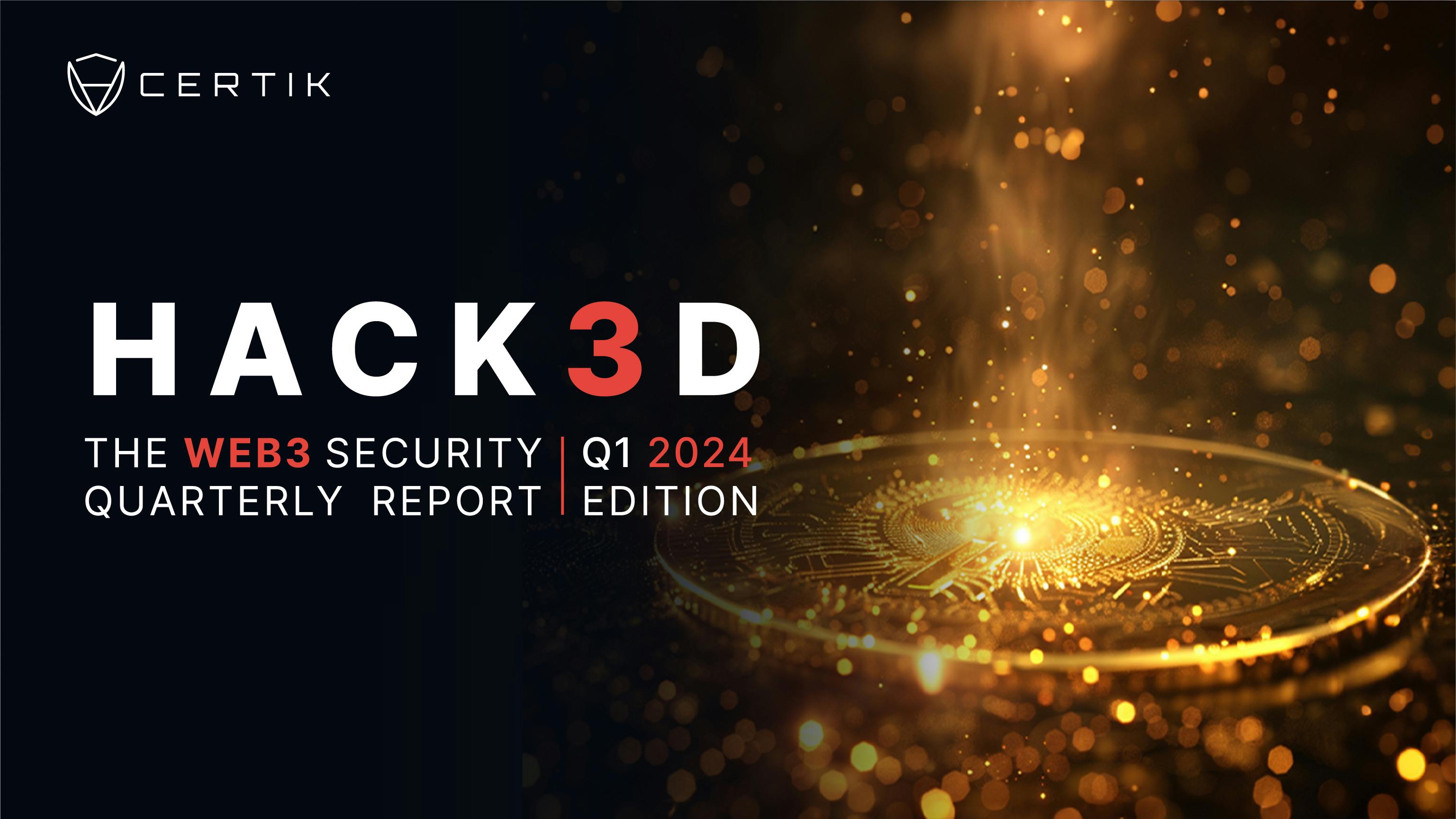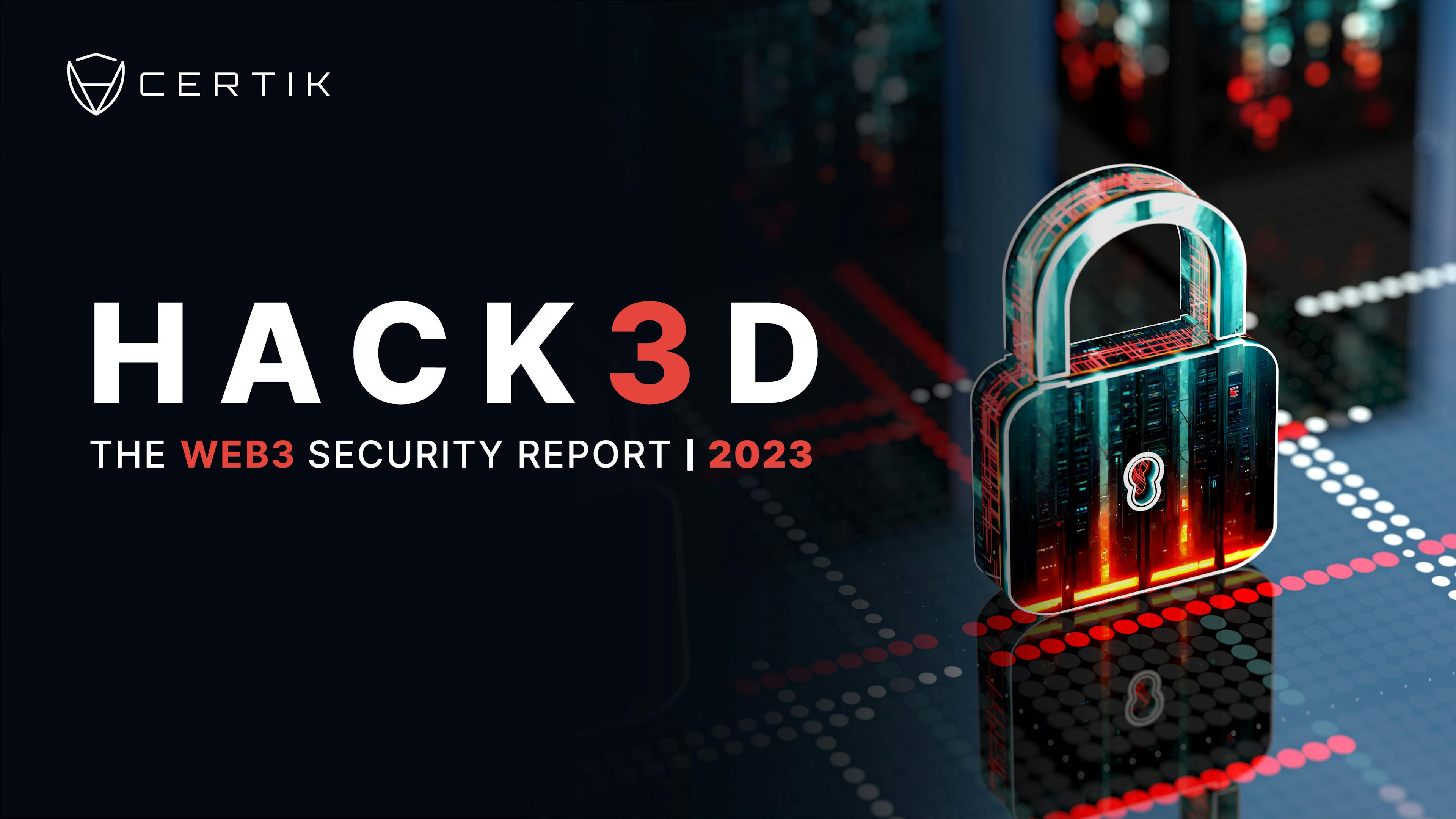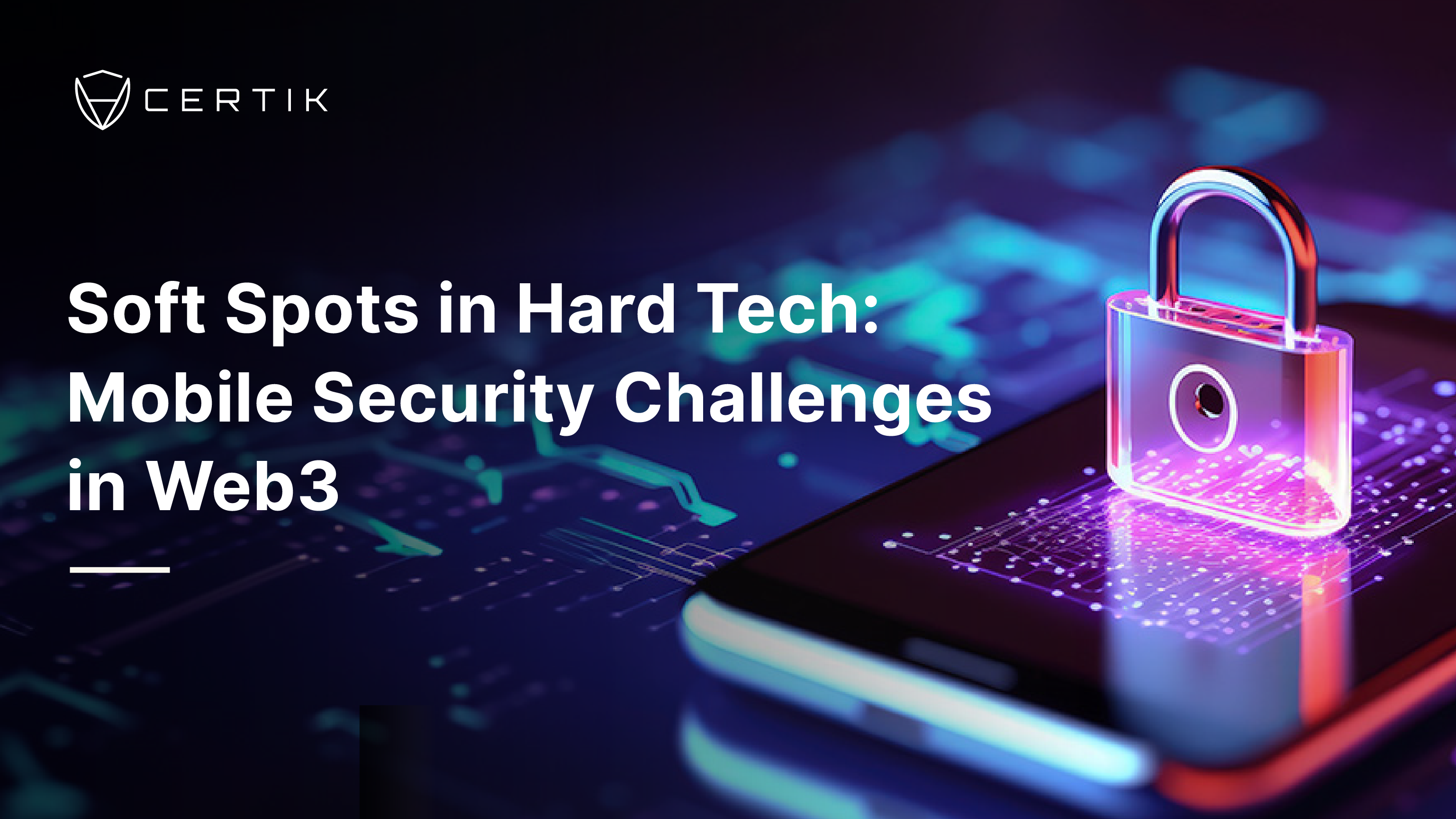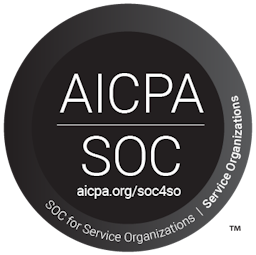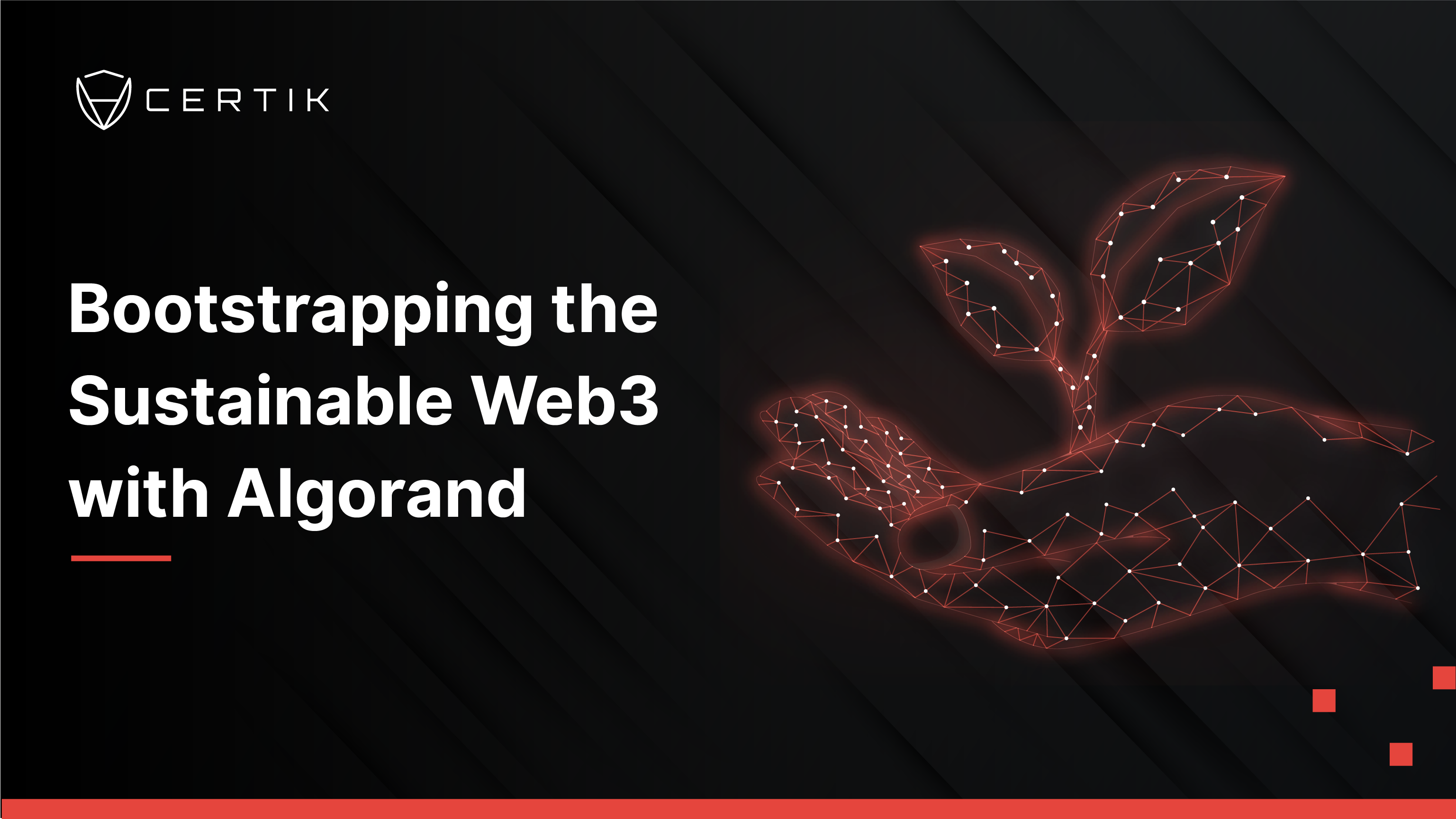
In committing to becoming a carbon-negative blockchain, Algorand leads the way in web3’s push to become a sustainable ecosystem.
This blog looks at what it means for Algorand to truly be sustainable, discusses the importance of web3’s wider shift to sustainability for mainstream adoption, and spotlights some of the projects in Algorand’s ecosystem that are finding novel uses for blockchain in helping prevent climate change. It will close with a discussion of the importance of Algorand smart-contract audits and other web3 security tools to secure the substantial data that these projects hold.
The Sustainable Web3
A common criticism of web3 is that it is unsustainable and bad for the environment. This is a narrative that has emerged from bitcoin’s use of Proof of Work and the exorbitant energy costs miners ramp up in the race to validate the next block.
Yet, whilst true that Proof of Work (PoW) does pose significant problems for both energy consumption and cost when scaled up, many in the web3 ecosystem have already moved away from PoW to more fuel-efficient consensus mechanisms such as Proof of Stake (PoS). Most significantly Ethereum’s recent shift to Ethereum 2.0 in the Merge is a clear sign that the future of web3 is green.
Algorand is at the forefront of this movement toward a sustainable web3. Since its inception, it has stressed the importance of low energy consumption, not only for the environment, but also for the long-term viability of web3, and has highlighted PoS as the key to this. Since then, Algorand has offset what little emissions it has, and made a commitment to being the greenest blockchain with a carbon-negative network both now and in the future.
Algorand’s Green Ecosystem
Moving beyond its own technology, Algorand is also working to foster projects within its ecosystem that are finding creative ways to leverage blockchain to support sustainability. In doing so, they provide some of the most interesting use-cases for how blockchain technology can be used in conjunction with the Internet of Things, Artificial Intelligence, and other emergent technologies within the web3 ecosystem.
Global Carbon Holding
Global Carbon Holding uses blockchain technology to tokenize Carbon Credit assets in Asia and support a global, transparent marketplace to purchase certified carbon offsets, with the highest levels of quality and provenance.
Not only is this good for the environment, it's also good business. The global Carbon Credit market surpassed a trading volume of 144 Billion Euros last year, and the number of credit offsets being sold continues to grow at an exponential rate. GCH is committed to developing Carbon Credit projects around the world and the renewable energy investment space as a whole.
This is made possible on Algorand’s blockchain thanks to the transparent public ledger, which allows organizations who purchase Carbon Credits through Global Carbon Holding's digital marketplace to do so with absolute confidence.
ClimateTrade
ClimateTrade is a company that works to offset a company’s carbon emissions through a system of carbon credits issued by certified carbon-offsetting projects.
It uses Algroand’s blockchain technology to guarantee that carbon credits are canceled in the corresponding registry, and to ensure that the money committed from the sale goes directly to the source of the project. Since its launch, ClimateTrade has made major strides, and is currently working with more than 20 international companies with more than 150 projects, including large corporations such as Iberia, Melià Hotels, Cabify, and Telefónica.
Algorand makes Climate Trades work possible through its low fee, high-throughput network which is able to scale to millions of users. Additionally, as a fully transparent, public ledger, it allows ClimateTrade to build trust and accountability between itself and its clients. ClimateTrade is also supported by Borderless Capital, a VC firm focused on Algorand and its ecosystem.
PlanetWatch has developed and deployed a global network of low-cost air quality sensors with the aim of validating, filtering, and displaying data through a mobile application in real-time. In partnership with CERN, the largest fundamental physics laboratory in the world, PlanetWatch is striving to improve global air quality through monitoring and reporting.
By using Algorand, PlanetWatch is the first global, immutable ledger for historical air quality data that is accessible to all its participants. Furthermore, by using Algorand in conjunction with Artificial Intelligence, the Internet of Things, and big data management, it is an excellent case study of how blockchain will intersect with other technologies within web3 to create novel solutions to some of the world’s most pressing problems. Fortunately, with Algorand’s focus on interoperability, PlanetWatch is able to build flexible architectures that can adapt to and interact with an ever-changing ecosystem.
Securing the Algorand Ecosystem with an Algorand Smart-Contract Audit
Compared with the exorbitant sums exfiltrated from web3 in high-profile crypto attacks, the importance of securing non-crypto assets may seem trivial. However, whilst they may be less of a target for hackers, non-crypto based projects within web3 still hold highly sensitive data and information that can be catastrophic if hacked, particularly in the increasingly interconnected world of web3.
To that end, it is vital that Algorand projects practice good web3 security hygiene at every layer of their activity. On an organizational level, this means fostering practices of decentralization as much as possible, particularly at points of privileged access. This means implementing 2-factor authentication, and revoking permissions after every use.
Beyond this, it is vital that Algorand projects ensure that they set themselves up with the best possible security posture before launch. This begins with an Algorand smart-contract audit.
CertiK’s Algorand smart-contract audit is the industry-best. Having audited a diverse range of Algorand projects, we have honed our Algorand smart-contract audit to be able to detect subtle vulnerabilities and attack vectors that even the most astute developers may miss.
By combining the cutting edge in AI technology with examination from leading computer science experts, CertiK’s Algorand smart-contract audit provides a line-by-line analysis of a project’s code, and provides tailored recommendations on what vulnerabilities to resolve to minimize a hack.
In addition to this, CertiK is the first to offer an Algorand smart-contract audit with KYC verification for project teams, a vital way to build trust between a project and its community.
Moving beyond the Algorand smart-contract audit, Algorand projects should adopt an end-to-end security posture with CertiK’s blockchain analytics tools Skynet and SkyTrace, which provide teams with an unparalleled overview of their on-chain activity after launch.
CertiK has also recently launched its bug bounty program, which deploys handpicked, white-hat ethical hackers to analyze a project and identify novel vulnerabilities and attack vectors. This equips Algorand projects with the best possible security posture, and gives them the confidence they need to grow.
By facilitating the growth of some of the most exciting projects within the web3 ecosystem, Algorand shows how a network can foster innovation across a diverse range of projects and sectors. As blockchain technology continues to redefine industries across society, Algorand, in conjunction with CertiK’s Algorand smart-contract audit, is a natural choice for developers seeking to innovate within game-fi, DeFi, and beyond.
